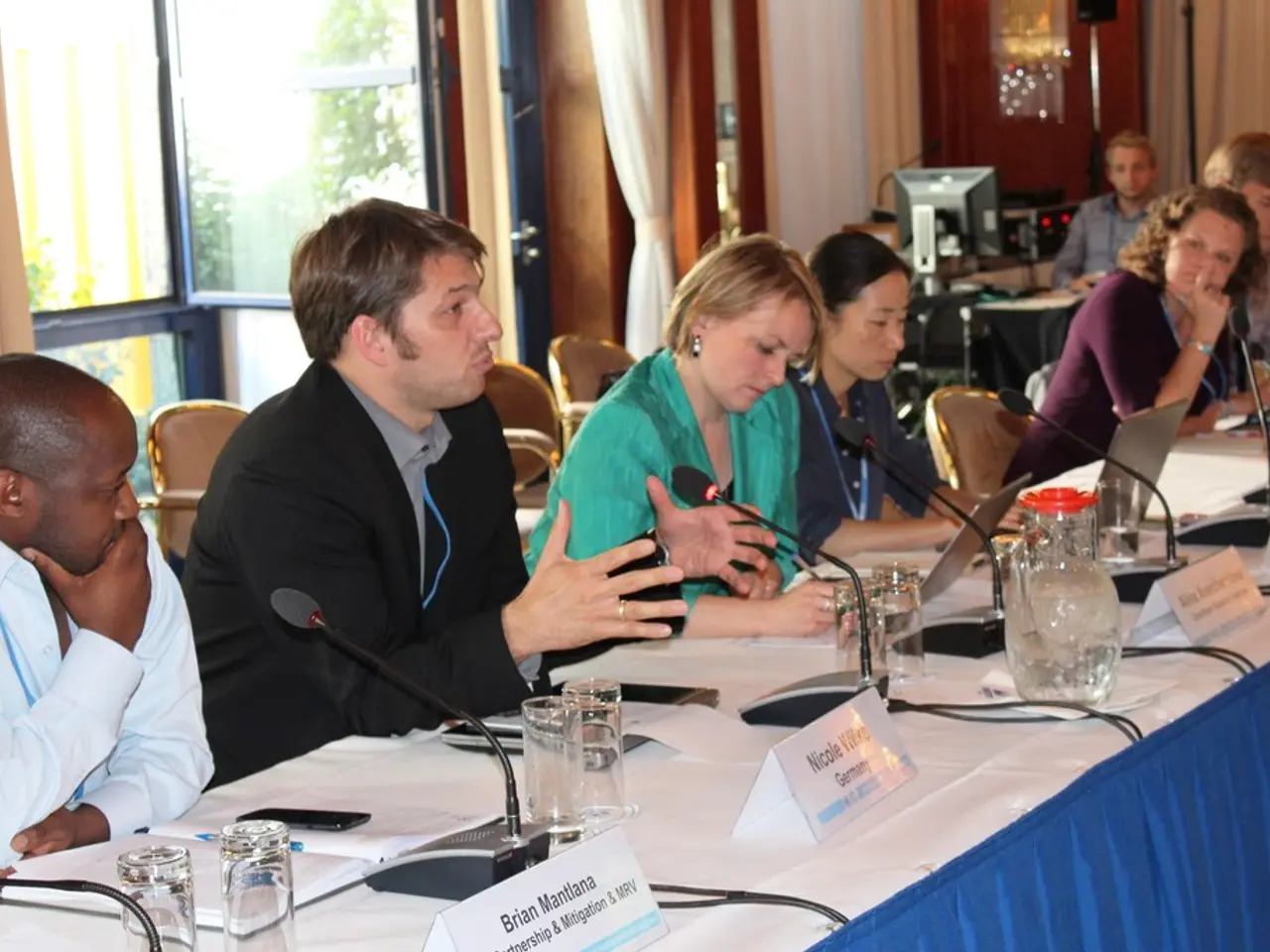Loneliness and hearing loss contribute to faster cognitive deterioration
Addressing Hearing Loss and Loneliness Key to Preventing Cognitive Decline in Seniors
A groundbreaking study conducted by the University of Geneva has revealed that the combination of hearing loss and loneliness in older adults can accelerate cognitive decline, particularly memory loss [1][2][5].
Charikleia Lampraki, a postdoctoral researcher at UNIGE, states that removing a sensory barrier like hearing loss can help protect cognitive health. The study, involving 33,000 older European adults, has shown that memory decline is fastest in those who have hearing loss and feel lonely, even if they are not socially isolated [2][5].
Hearing impairment increases brain effort and can lead to social withdrawal, which raises feelings of loneliness even without full social isolation. This exacerbates memory decline and overall cognitive dysfunction more than hearing loss alone [1][2][5].
Loneliness, when combined with hearing loss, is linked to accelerated brain atrophy and neural changes that further impair cognition. Social isolation, often a consequence of hearing loss, contributes to this process by depriving the brain of necessary language and emotional stimulation [1][3].
The study identified three profiles based on the degree of social isolation and perceived loneliness. Interestingly, it was found that a simple intervention like using a hearing aid can help individuals who are not socially isolated but still feel lonely to engage more fully socially [3].
Research indicates that the combination of hearing loss and loneliness can exacerbate one of the most frightening age-related ailments. Mindfulness and tai chi practices have led to significant improvement in loneliness scores, while describing art and the feelings, memories, and thoughts it evokes can lower loneliness scores [3].
Moreover, having a pet, real or robotic, has been proven to reduce loneliness in seniors [4]. Indoor gardening can also decrease loneliness scores among seniors, as a study of an indoor gardening program in a nursing home showed a decrease in loneliness scores among residents who participated [4].
Currently, more than 1 in 4 people over the age of 60 experience disabling hearing impairment [6]. The World Health Organization predicts that by 2050, nearly 2.5 billion people will experience hearing loss or impairment [6].
In summary, older adults with hearing loss are at greater risk for cognitive decline, and this risk is significantly worsened by loneliness, which acts as a critical psychosocial amplifier of memory and cognitive deterioration. Early intervention for hearing impairment and efforts to reduce loneliness are important for slowing cognitive decline in this population [1][2][3][5].




